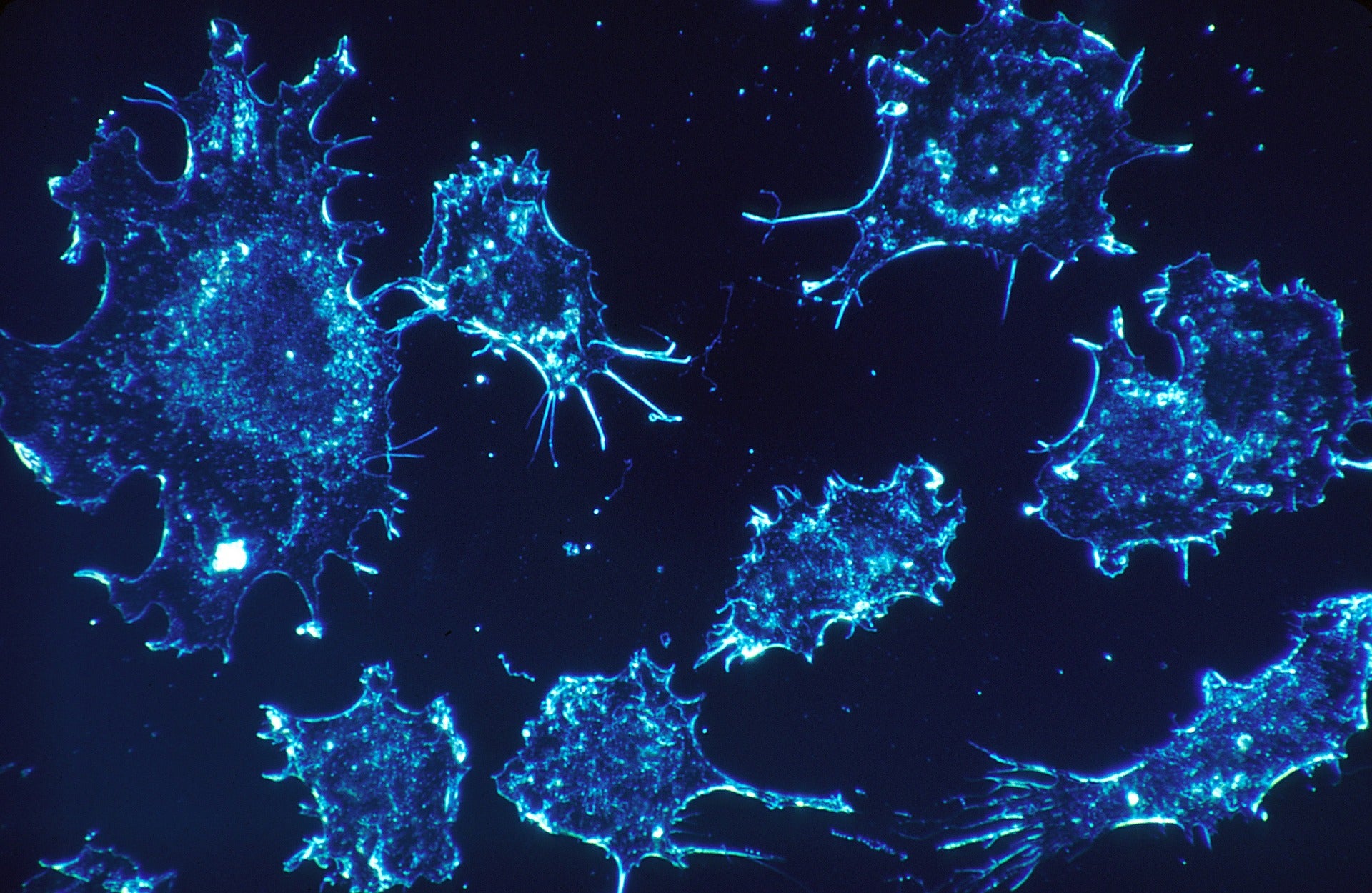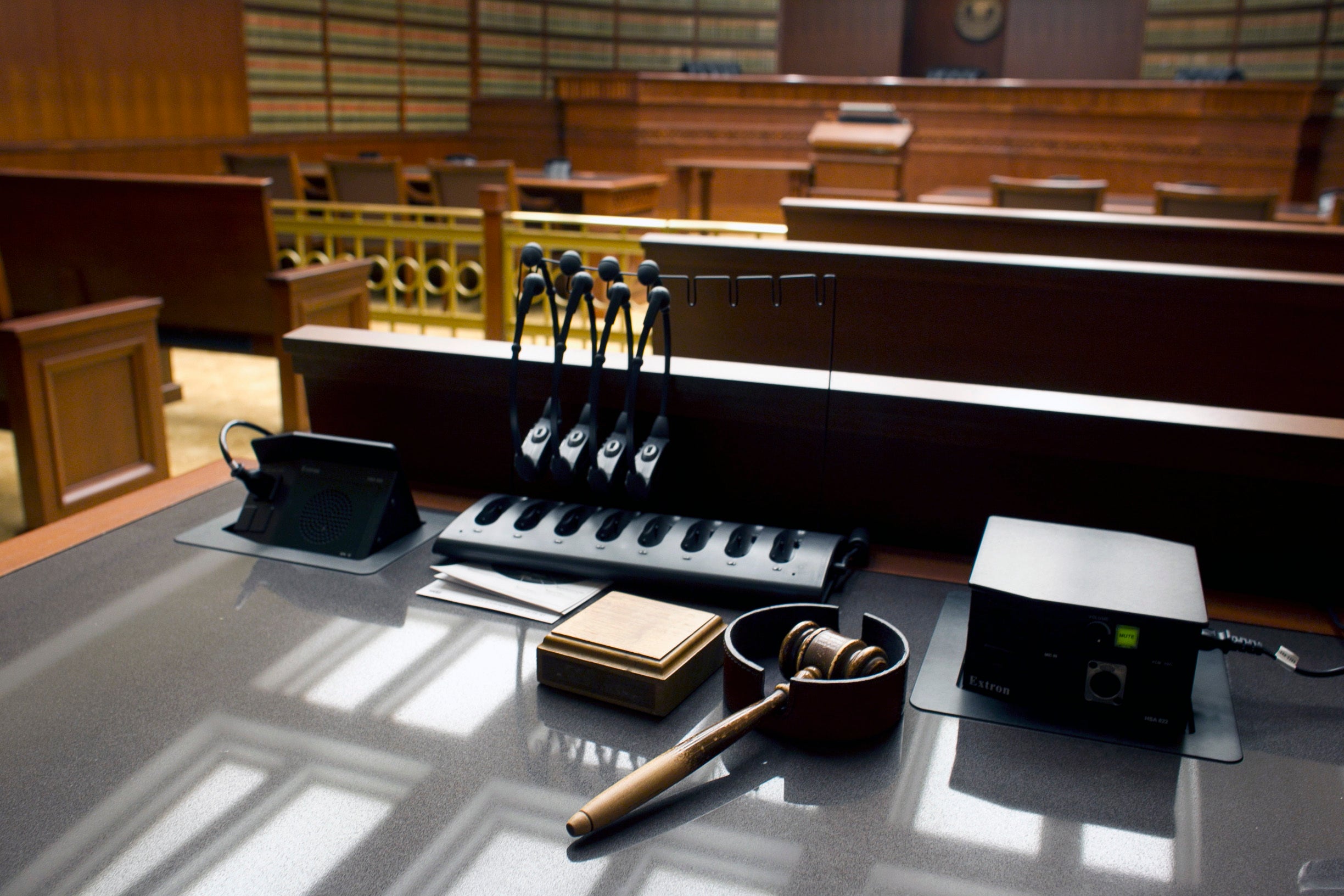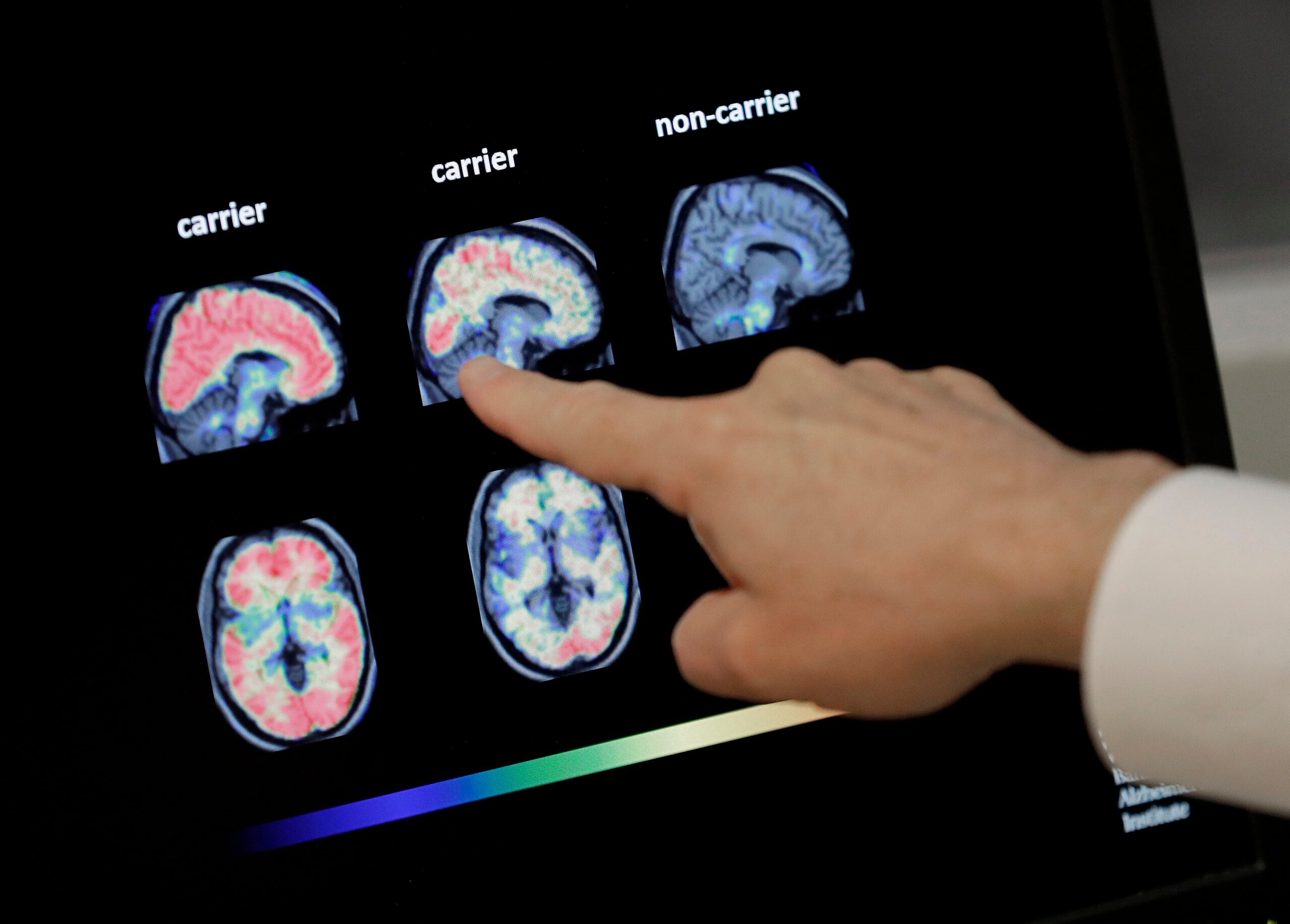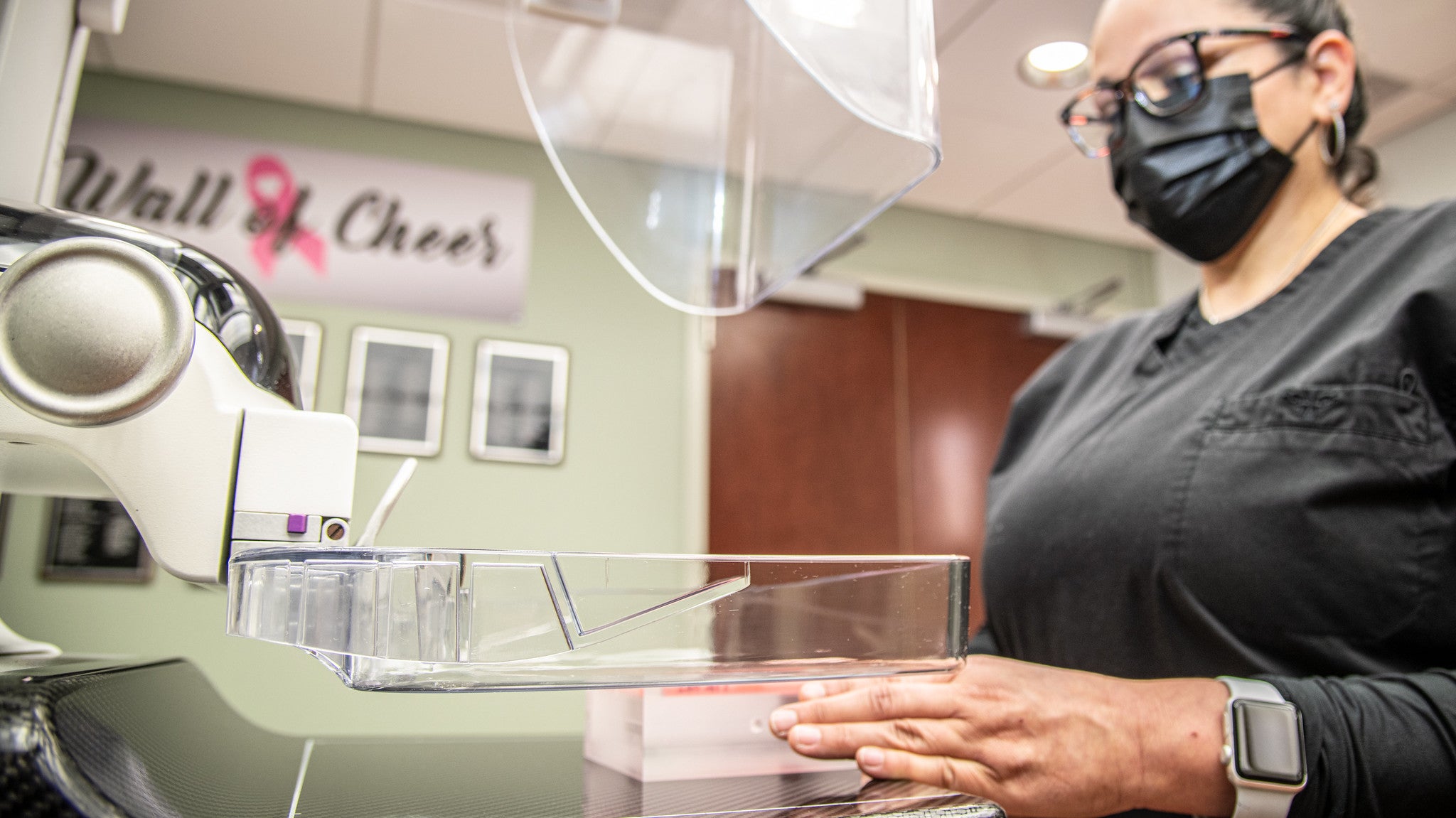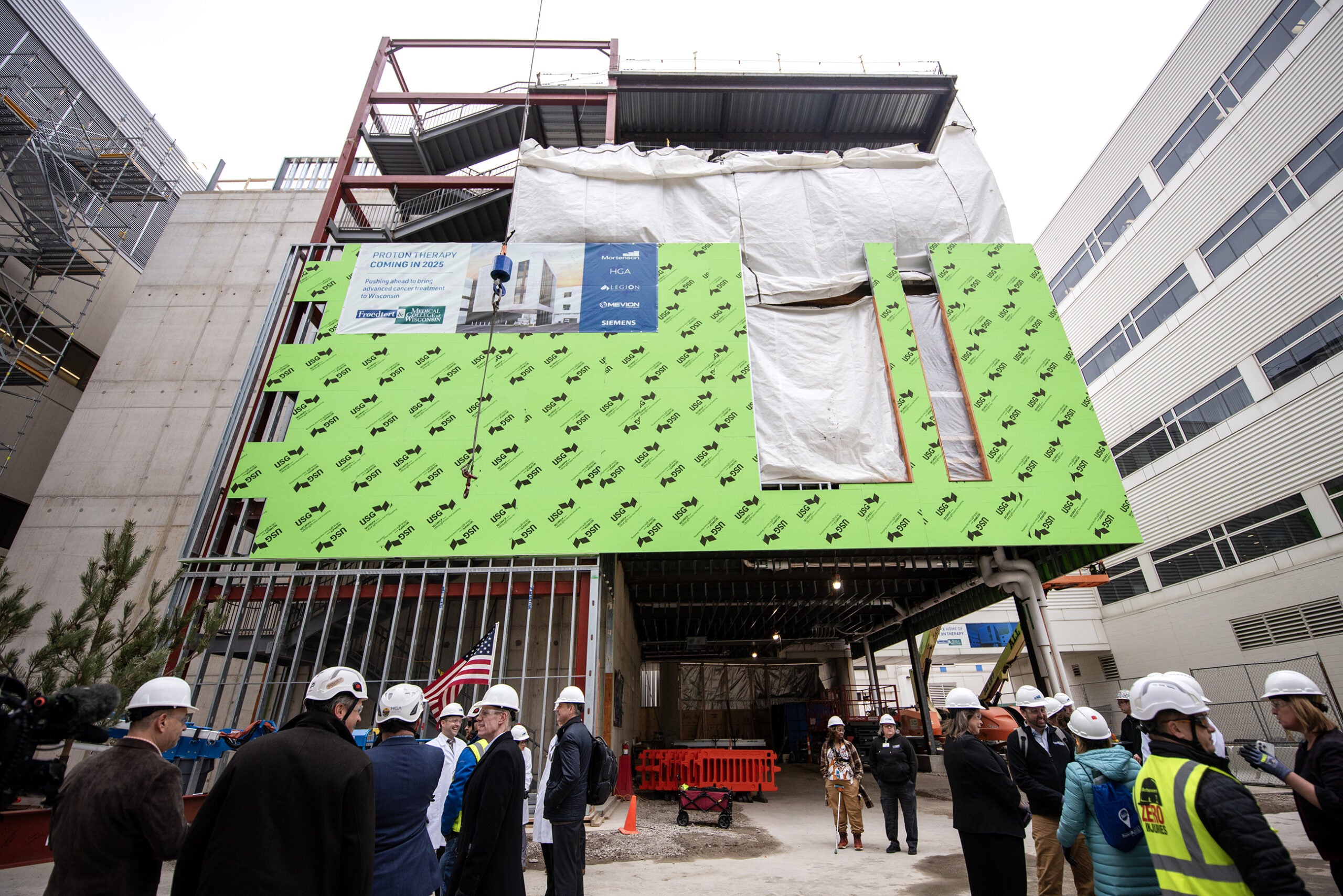Cancer DNA can provide important clues about the best way to treat the disease. We talk with an oncologist and DNA counselor about these new treatments and what it can mean to patients whose cancers have spread and are incurable by standard treatments.
Featured in this Show
-
DNA Testing Can Provide Helpful Clues In Cancer Treatment
Recent advances in DNA testing technology are providing important insights in cancer treatment among advanced, rare cancers, says Dr. Mark Burkard, an oncologist and associate professor of medicine at the University of Wisconsin-Madison School of Medicine and Public Health.
The UW Carbone Cancer Center is currently participating in a clinical trial that offers free DNA testing to people with advanced cancers. The trial — called the Strata Oncology trial — is for patients with advanced malignant solid tumors, incurable lymphomas, and other rare cancers, according to Channel 3000.
“Until recently it wasn’t possible to efficiently look at the DNA in the cancer,” Burkard said. “Now in the past few years the technology and the knowledge has allowed us to pinpoint the areas where we should look.”
With over 3 billion base pairs, the human genome is vast, and the ability to pinpoint the DNA in cancer offers treatment guidance to both doctors and patients, said Burkard, who helps lead the UW Carbone Cancer Center’s precision medicine efforts.
“In terms of cancer treatment, the DNA testing is basically throwing a wrench into this whole process,” Burkard said. “In that what we can find is things that look the same under the microscope can be genetically very different.”
Relevant DNA in cancer patients is found in two places, he said. The first is DNA inherited from your parents in every cell of your body, and the other is the cancerous tumor.
“The tumor … has the DNA that every other cell has,” he said. “And then on top of that, some of the (genes) are modified, so there’s a complicated interplay between the genetics of the person and the genetics of the cancer.”
There are two DNA tests — tumor and blood — that reveal different clues into treatment options for the cancer.
A tissue sample is taken from the tumor to look at mutations, or the genetic changes that caused the cancer to develop. The blood test takes a sample of blood, or saliva, to determine what was genetically passed down.
“That (blood) test is really to help for screening and risk reduction,” said Anna Zakas, an oncology genetic counselor at University Hospital. “Whereas the tumor test is really to help target those treatments specific to that tumor.”
So far, DNA testing has only been beneficial for a very small number of cancer patients, about 5 percent, Burkard said. Those patients often have rare, advanced types of cancer, but the drugs doctors are able to prescribe with the information gathered from the genetic testing have been very effective.
“The problem with that is frankly what happens with these tests today is we have a small number of patients that benefit tremendously, and most patients we find the test didn’t help us that much because they have the run of the mill gene that runs with that cancer,” Brukard said.
In those scenarios, a genetic counselor often comes into play. Genetic counselors have training in both medical genetics and counseling, and can help patients understand their genetic information to make informed decisions on treatment.
Zakas treats a wide variety of cancer patients, from those with a family history of cancer to those being diagnosed for the first time.
“What I do is empower patients and their families to take those steps to move forward and really impact their medical care,” Zakas said. “Cancer is different in every single person, even if they have the same type of cancer, so getting that personal assessment is important.”
One hurdle that remains is making genetic testing accessible to more patients, as most insurers do not cover it, Brukard said.
Episode Credits
- Larry Meiller Host
- Jill Nadeau Producer
- Dr. Mark E. Burkard Guest
- Anna Zakas Guest
Wisconsin Public Radio, © Copyright 2025, Board of Regents of the University of Wisconsin System and Wisconsin Educational Communications Board.

